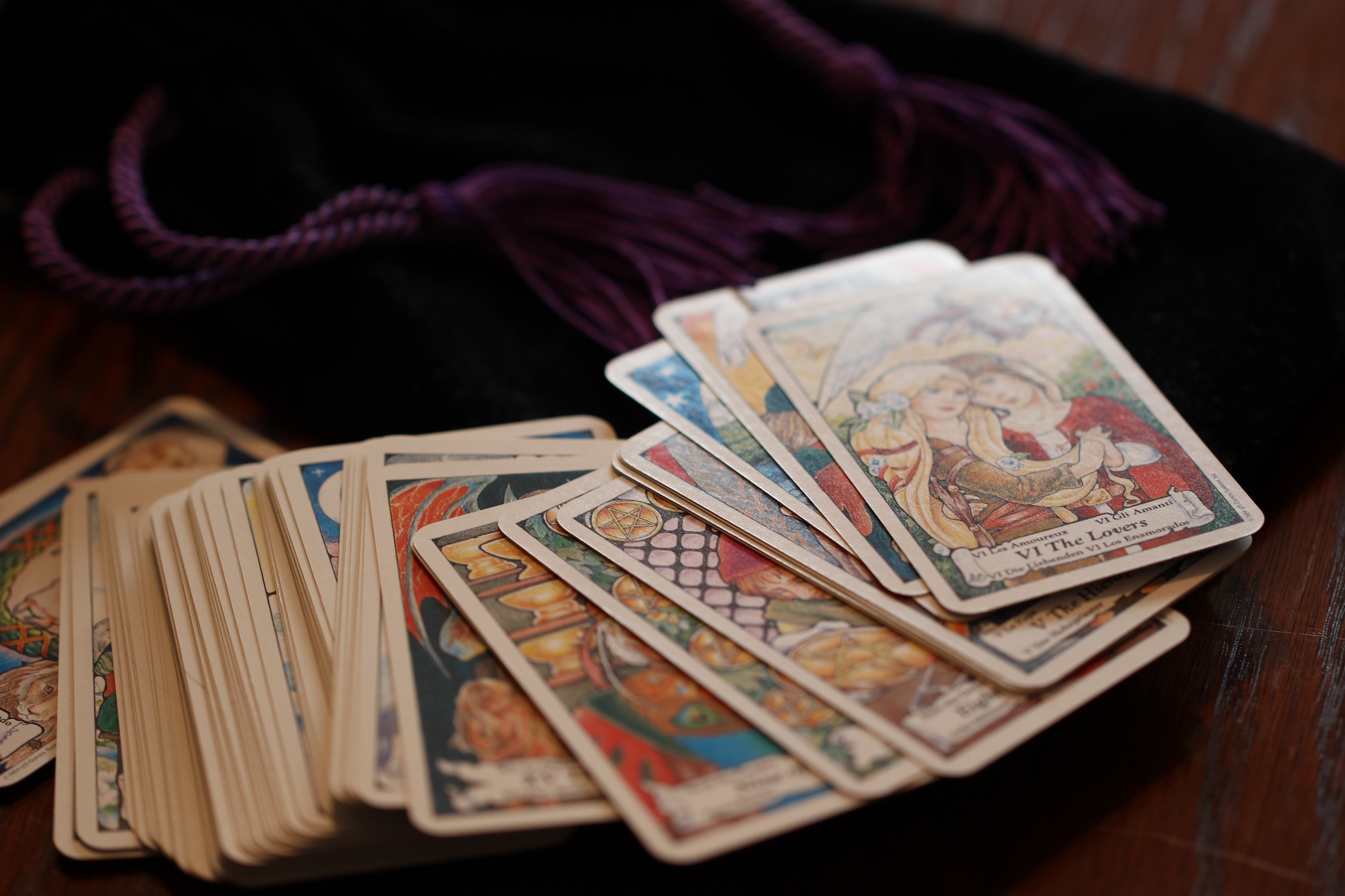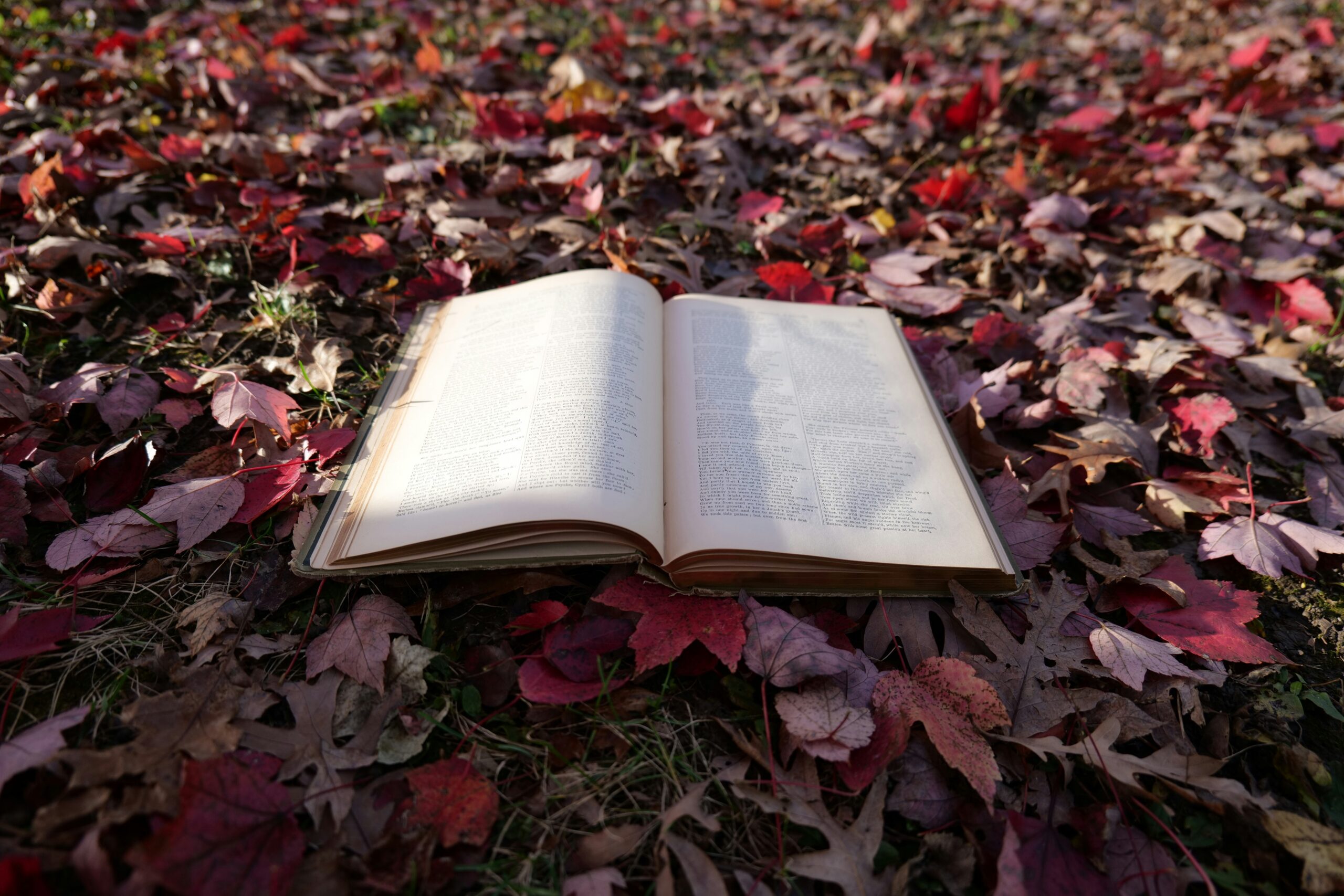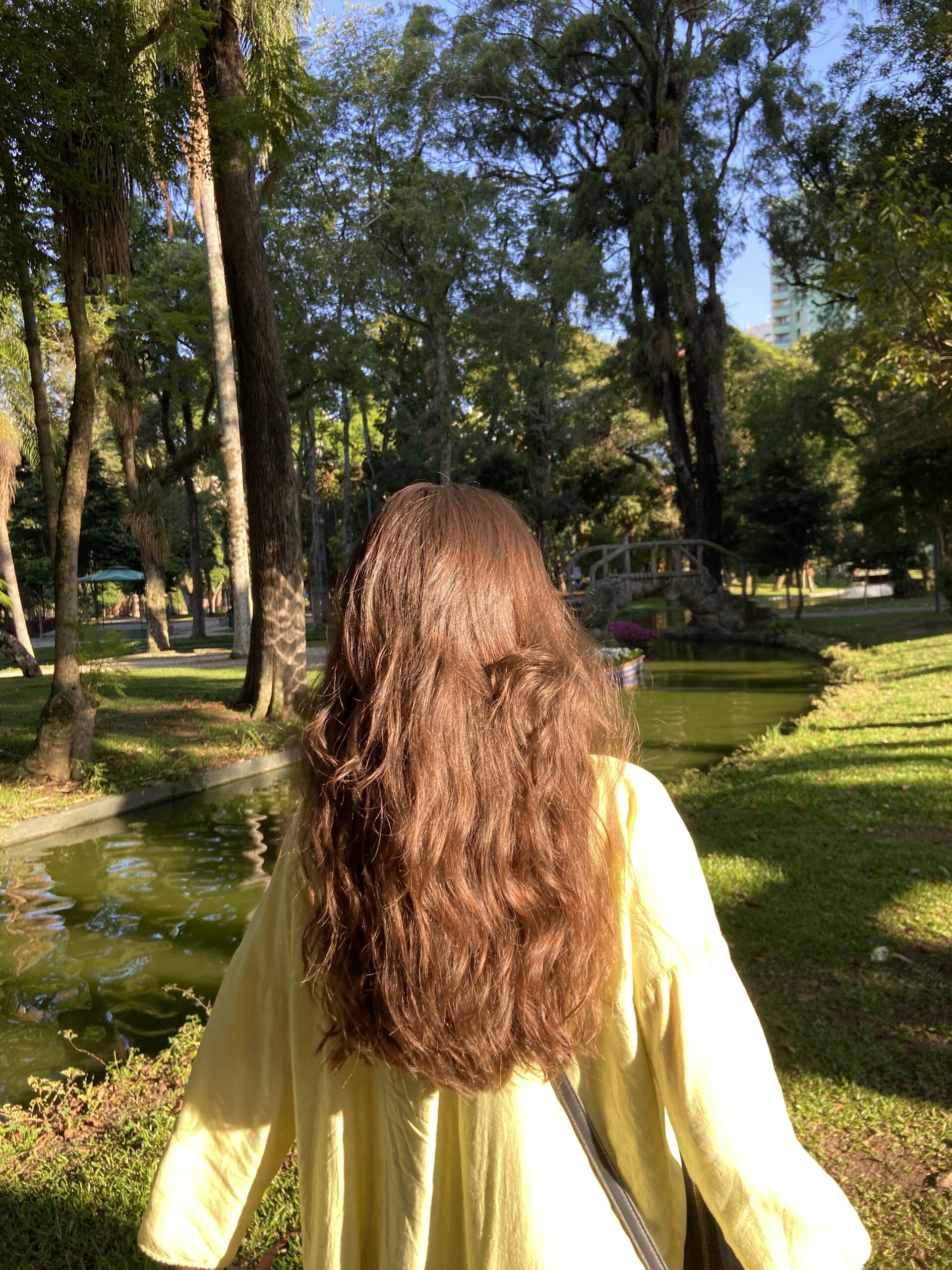When stress and anxiety hit, they can feel like an uninvited guest that just won’t leave. Luckily, nature offers some amazing herbs that can help you find your calm. Here are some of the best herbs for reducing stress and anxiety and how you can use them in your everyday life.
1. Lavender
Lavender is like the poster child for relaxation. This beautiful purple plant has been used for centuries to calm the mind and body. The scent alone is enough to make you take a deep breath and relax.
Description and Benefits
Lavender is well-known for its soothing fragrance, which can help reduce anxiety and promote relaxation. Studies have shown that inhaling lavender essential oil can help decrease stress levels and improve overall mood. Plus, it’s super versatile—you can use it in teas, baths, or even as a room spray.
How to Use
Lavender Tea: Making lavender tea is incredibly simple. Just add a teaspoon of dried lavender flowers to a cup of boiling water, let it steep for about 10 minutes, and enjoy. It’s perfect before bedtime to help you unwind.
Essential Oil: Lavender essential oil is a staple in aromatherapy. You can add a few drops to your diffuser, or mix it with a carrier oil and apply it to your wrists or temples. Instant calm!
Lavender Sachets: DIY lavender sachets are a fun and easy project. Fill small fabric bags with dried lavender flowers and place them in your drawers, under your pillow, or even in your car for a calming scent wherever you go.
2. Chamomile
Chamomile is like a warm hug in a cup. It’s been used for centuries to help with sleep and relaxation, and it’s a great herb to have on hand when you’re feeling stressed out.
Description and Benefits
Chamomile is famous for its gentle, calming effects. It’s particularly helpful for reducing anxiety and improving sleep quality. There are even studies suggesting chamomile can significantly reduce symptoms of generalized anxiety disorder.
How to Use
Chamomile Tea: Chamomile tea is a classic. Simply steep a couple of teaspoons of dried chamomile flowers in hot water for about 5 minutes. Drink it before bed to help you wind down and get a good night’s sleep.
Chamomile Baths: Adding chamomile to your bath is a luxurious way to relax. Put some dried chamomile flowers in a muslin bag and toss it into your bathwater. Soak for at least 15 minutes and let the stress melt away.
Chamomile Supplements: If tea and baths aren’t your thing, chamomile supplements are a great alternative. Capsules or tinctures are readily available, and they provide the same calming benefits. Just follow the dosage instructions on the package.
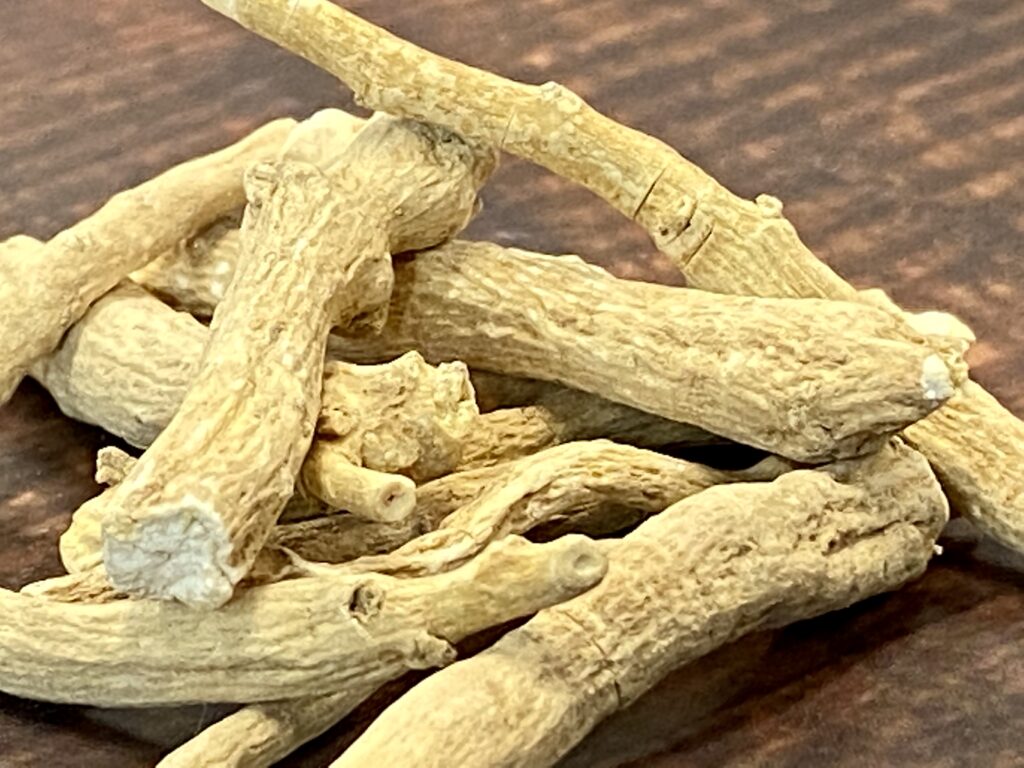
3. Ashwagandha
Ashwagandha might sound exotic, but this adaptogenic herb is becoming a go-to for stress relief. It’s like a natural shield against the effects of stress.
Description and Benefits
Ashwagandha is a powerful adaptogen, meaning it helps your body adapt to stress. It can help balance cortisol levels, which are often elevated during stressful times. By supporting adrenal function, ashwagandha helps you stay calm and collected.
How to Use
Ashwagandha Powder: Adding ashwagandha powder to your smoothies or juices is an easy way to incorporate this herb into your diet. Just a teaspoon can make a big difference.
Ashwagandha Capsules: Capsules are convenient and easy to take. You can find them at most health food stores. Follow the recommended dosage on the label.
Tinctures: Ashwagandha tinctures are another effective way to use this herb. Add a few drops to water or juice, and you’re good to go. Tinctures are often more concentrated, so a little goes a long way.
4. Valerian Root
If you’re struggling with anxiety and sleep issues, valerian root might be your new best friend. This herb has a long history of use for promoting relaxation and better sleep.
Description and Benefits
Valerian root is known for its sedative properties. It’s particularly effective for anxiety that’s accompanied by insomnia. Research has shown that valerian can improve sleep quality and reduce the time it takes to fall asleep.
How to Use
Valerian Tea: Valerian tea has a distinctive earthy taste. Steep a teaspoon of dried valerian root in hot water for about 10 minutes. Drink it about an hour before bed to help you relax and prepare for sleep.
Valerian Capsules: If the taste of valerian tea isn’t your thing, capsules are a great alternative. They’re easy to find and simple to take. Just follow the dosage instructions on the package.
Valerian Tinctures: Valerian tinctures are potent and effective. Add a few drops to a small amount of water or juice. It’s a quick way to get the benefits without having to brew tea.
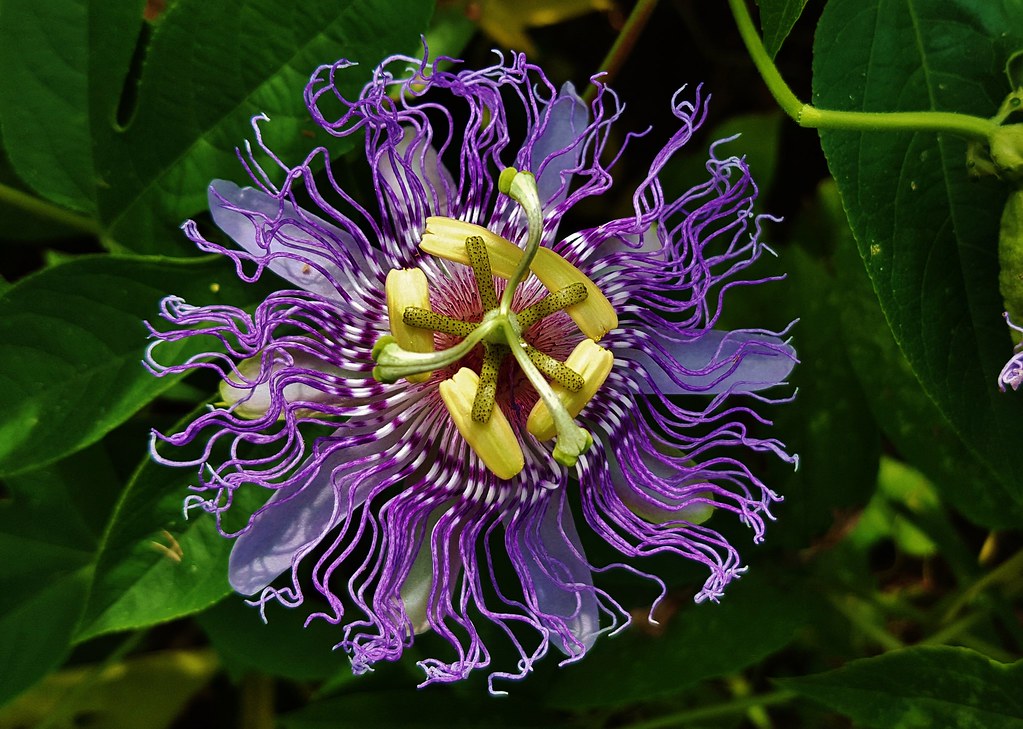
5. Passionflower
Passionflower is another great herb for easing anxiety. It’s been used traditionally to calm the mind and improve sleep quality.
Description and Benefits
Passionflower has calming effects that can help reduce anxiety and promote better sleep. It’s especially helpful for people who have trouble shutting off their minds at night. Some studies have found that passionflower can be as effective as certain anxiety medications, without the side effects.
How to Use
Passionflower Tea: Making passionflower tea is simple. Steep a teaspoon of dried passionflower in hot water for about 10 minutes. Drink it in the evening to help you relax and unwind.
Extracts and Tinctures: Passionflower extracts and tinctures are another convenient option. Add a few drops to water or juice. They’re quick, effective, and easy to use.
Passionflower Supplements: You can also find passionflower in supplement form. Capsules are widely available and can be taken daily. Just follow the dosage recommendations on the package.
6. Lemon Balm
Lemon balm is like a ray of sunshine in herb form. It’s known for its bright, lemony scent and its ability to lift your spirits and calm your nerves.
Description and Benefits
Lemon balm has been used for centuries to reduce stress and anxiety, improve sleep, and boost cognitive function. Studies have shown that lemon balm can help improve mood and increase calmness. Plus, it’s delicious and easy to incorporate into your routine.
How to Use
Lemon Balm Tea: Making lemon balm tea is straightforward. Add a tablespoon of fresh or a teaspoon of dried lemon balm leaves to a cup of boiling water. Let it steep for 10-15 minutes, then enjoy. It’s great for sipping in the afternoon to help you relax.
Lemon Balm Essential Oil: Lemon balm essential oil can be used in a diffuser to fill your space with its uplifting aroma. You can also add a few drops to a carrier oil and use it for a relaxing massage.
Fresh Lemon Balm: Fresh lemon balm leaves can be added to salads, smoothies, or even as a garnish for desserts. It’s a tasty way to get your dose of calm.
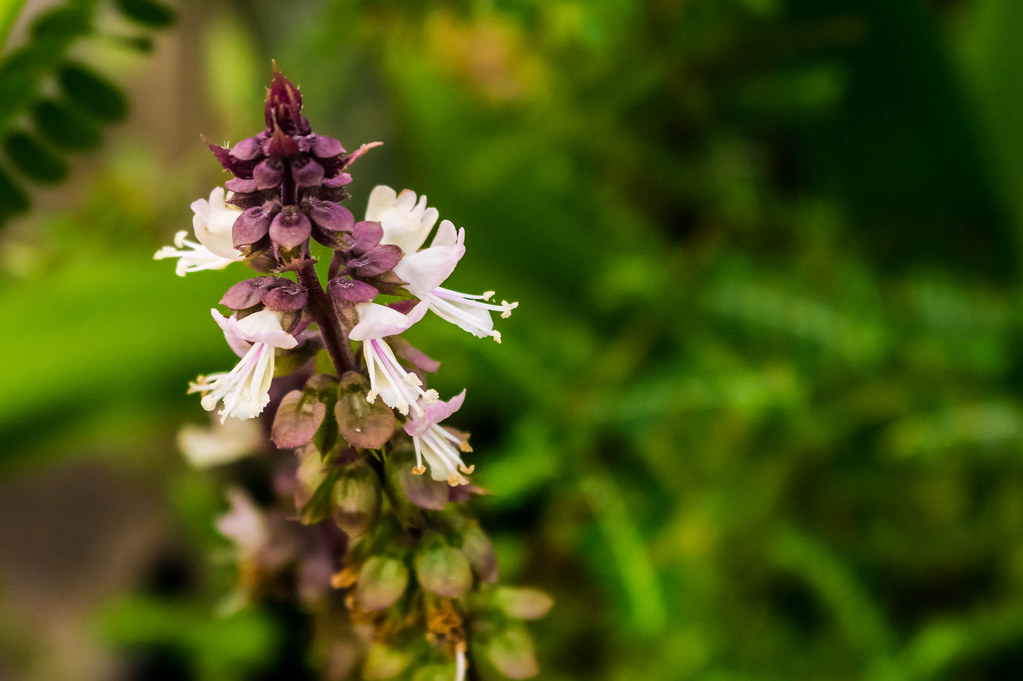
7. Holy Basil (Tulsi)
Holy basil, also known as tulsi, is revered in Ayurveda for its many health benefits, particularly its ability to combat stress.
Description and Benefits
Holy basil is another powerful adaptogen. It helps your body cope with stress by balancing cortisol levels and supporting adrenal health. It’s also known for enhancing mental clarity and promoting overall wellbeing.
How to Use
Holy Basil Tea: Holy basil tea is both flavorful and beneficial. Steep a teaspoon of dried holy basil leaves in hot water for 5-10 minutes. Drink it in the morning or evening to help maintain balance and calm throughout the day.
Holy Basil Capsules: If you prefer supplements, holy basil capsules are a convenient option. They’re easy to take, and you can find them at most health stores. Just follow the dosage instructions on the label.
Fresh Holy Basil: Incorporating fresh holy basil into your meals is another great way to enjoy its benefits. Add it to soups, stir-fries, or salads. It adds a nice flavor and a stress-busting boost.
8. Rhodiola Rosea
Rhodiola Rosea might not be as well-known as some of the other herbs, but it’s a powerhouse when it comes to fighting stress and boosting energy.
Description and Benefits
Rhodiola Rosea is an adaptogenic herb that helps your body handle stress better. It’s particularly good for improving energy levels, reducing fatigue, and enhancing mental performance. Studies have shown that Rhodiola can reduce symptoms of burnout and improve overall wellbeing.
How to Use
Rhodiola Supplements: Rhodiola is often taken in supplement form. Capsules are readily available and can be taken daily. Follow the recommended dosage on the label to get the best results.
Rhodiola Tea: You can also make Rhodiola tea by steeping a teaspoon of dried Rhodiola root in hot water for about 10-15 minutes. This tea can help you stay alert and focused without the jitters.
Rhodiola Extract: Rhodiola extract is another effective way to use this herb. Add a few drops to water or juice. It’s a quick and easy method to get your daily dose of Rhodiola.
Incorporating these herbs into your routine can be a game-changer for managing stress and anxiety. Whether you prefer teas, supplements, or essential oils, there’s an option for everyone. Experiment with different herbs and methods to find what works best for you.
Please note that the information provided in this article is for educational and informational purposes only and is not intended as medical advice. Always consult with your healthcare provider before starting any new herbal regimen. Individual results may vary, and it’s important to ensure that any supplements or herbs you use are appropriate for your personal health needs.





